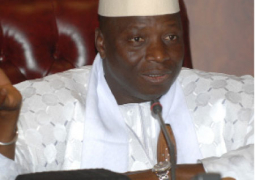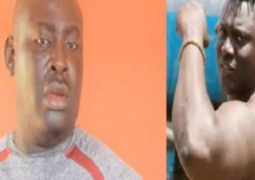This is an
autobiography that is composed from the speeches as well as other
autobiographical essays that Martin Luther King, Jr., gave and wrote while he
was alive. The editor of this magnificent work simply reconstructed them to fit
into an autobiography that is captures the real Martin Luther King Jr. It is
chronological in the sense that it begins with bits and pieces of his childhood
(a precocious child who skipped two years of high school to begin college at
the age of 15), then move on and on to tell his growth from a student to a
non-violent crusader in the civil rights movement of what historians have
termed as the "roaring sixties" in the United States of America. He attended Morehouse College Boston University America
This is a book all lovers of freedom and justice must read. It's available at Timbooktoo.4494345



